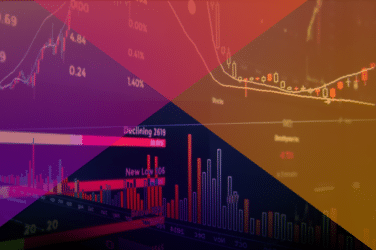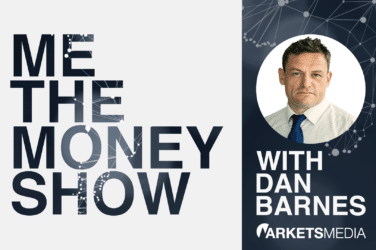
With the volume of dark liquidity growing by nearly 50% over the past three years to account for nearly a third of consolidated volume, there is a clear shift in the market structure away from trading on transparent exchanges and towards dark, or underplayed venues.
“Our analysis suggests that market quality is best served by maintaining strong competition between trading on lit and dark venues, and avoiding a predominance of dark trading, so policy measures should be designed to encourage such an outcome,” said Rhodri Preece, director of capital markets policy at CFA Institute.
A new report by the CFA Institute examines internalization—internal execution of client orders within a broker/dealer system or against the broker’s own account- as well as dark pools.
The report recommends that internalization of retail orders should be required to offer meaningful price improvement, and provide some protection to investors posting displayed orders in limit order books.
Operators of alternative trading systems are developing new techniques for expanding the pool of liquidity available to their institutional customers by allowing them to interact safely with dealer order flow.
Institutional asset managers have historically shied away from posting block-sized orders on regulated exchanges out of fear that electronic market makers will pick off their order flow and thereby cause their orders to be executed at an inferior price.
“Due to recent changes in market structure, the number of places a firm needs to look has grown considerably,” said Jess Haberman, director of compliance at Fidessa. “With dark pools and broker crossing networks not being transparent, firms don’t know if liquidity is available on those markets, and they must decide between the chance of getting a better price in a dark market versus the guarantee of getting the order filled in a lit market.”
Trading technology has adapted to these challenges by offering smart order routers, which for some time now have enhanced a firm’s ability to determine the best place to get orders filled based on price and shares available.
“Technologists are adapting to dark markets further by creating algorithms that send a small order to a dark market to see if liquidity is there,” said Haberman. “If it is, a larger quantity of orders is sent to that dark market to try to get them filled at the best price, while at the same time, or subsequently, sending part of the order to lit markets.”
Citigroup’s recently-launched dark pool, Citi Cross, eliminates this risk by virtue of a new matching engine which allows a wide range of clients the opportunity to interact with Citi’s various sources of liquidity, with the idea of bringing together historically eschewed flows of liquidity, thus reducing fragmentation.
Bloomberg’s BPool offers a centralized, active and diverse marketplace for traders to efficiently trade large blocks while giving traders the ability to monitor and control their orders from order-entry to execution.
By enabling institutional traders to interact with block-size liquidity on Bloomberg’s equity trading platforms and match orders at Bids Trading, a U.S. block trading venue, BPool is intended to help the buy side source equity liquidity in an increasingly fragmented market structure.
Liquidnet Canada is opening up its trading venue to registered broker-dealers, in an effort to offer more liquidity for its core institutional customers.
Dark trading is now roughly 7% of total daily market volume in Canada, up from 2.2% in 2011.
One of the reasons why dark pool volumes in Canada are so low is the existence of broker preferencing, an internalization practice that allows incoming orders to a trading venue to match with other orders from the same dealer ahead of similarly priced orders from other dealers, without concern for time priority.






